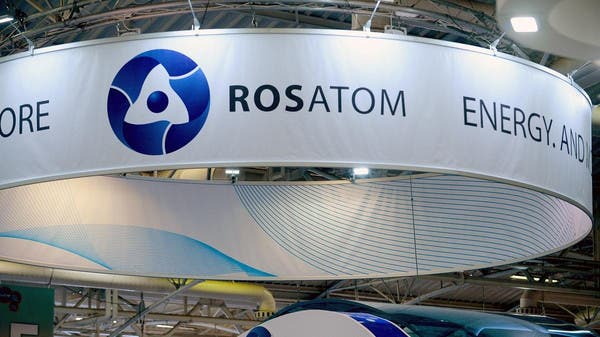Russia’s state-run nuclear energy corporation, Rosatom, has recommended that Nigeria and other African countries adopt the use of Small Modular nuclear Reactors (SMR) to address the perennial power shortage that African countries face. The Acting Chief Executive Officer (CEO) of Rosatom, Central and Southern Africa, Mr. Ryan Collyer, made the call at the Africa Energy Indaba forum, which held in Cape Town, South Africa.
A statement from Rosatom contained Collyer’s submissions at the energy meeting. In his address to energy stakeholders from across the continent, Collyer, highlighted the global shift towards nuclear, not only in the energy sector, but also to address a myriad of other issues facing the human society. He emphasised the possible use of nuclear technologies for desalination purposes apart from heat and electricity supply. According to him, adopting SMRs could be a good alternative to diesel generators used across countries in Africa, and especially Nigeria.
He noted that SMRs could provide reliable power supply and prevent harmful emissions at a competitive price. Nigeria has an existing pact with Rosatom to build up to four nuclear power plants in the country. The country also recently asked the International Atomic Energy Agency (IAEA) for support to develop plans for up to 4000 megawatts (MW) of nuclear power capacity by 2025.
And in response, the IAEA organised two missions to Nigeria in 2015, which found its emergency preparedness and response framework to be consistent with its safety standards. Similarly, a 10-day IAEA Integrated Regulatory Review Service mission was done in 2017 and it was concluded that the Nigerian Nuclear Regulatory Authority (NNRA) was a committed regulatory body but had challenges with its independence to implement regulatory decisions and activities.
However, shedding light on Rosatom’s advancements in SMR technology, Collyer said in the statement that it was Russia’s RITM-200, an advanced pressurised-water reactor that incorporates all the best features from its predecessors. He highlighted the main advantages of the RITM-200 reactor to include cost-efficiency, small size and safety. Russia’s RITM-200 reactor, he noted, was designed for nuclear icebreakers, land-based small nuclear power plants and floating nuclear power plants.
He said Rosatom has already constructed six RITM-200 nuclear powered reactors with two onboard Russia’s nuclear powered Arktika icebreaker. He further disclosed that Russia was working on the next generation of the offshore nuclear power plants as an Optimised Floating Power Unit (OFPU).





